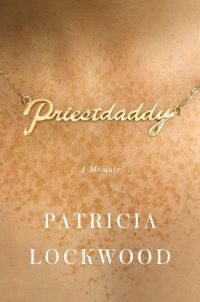 I have to confess that “messy woman” novels are generally not my favorites. I don’t need women protagonists to have it all together, but I’m kind of bored with stories that are all about women being self-destructive. Some such novels can grab me (I still think about Bad Marie by Marcy Dermansky), but I’m mostly not that interested. And, as it turns out, I feel the same even when the book is a classic.
I have to confess that “messy woman” novels are generally not my favorites. I don’t need women protagonists to have it all together, but I’m kind of bored with stories that are all about women being self-destructive. Some such novels can grab me (I still think about Bad Marie by Marcy Dermansky), but I’m mostly not that interested. And, as it turns out, I feel the same even when the book is a classic.
Play It as It Lays by Joan Didion is a classic messy woman novel. The novel’s main character is Maria Wyeth, an actress whose marriage and career are collapsing. She copes by drinking and having sex and doing whatever she can to forget. Particularly difficult for her is her young daughter’s disability, which has led to her being institutionalized. Maria visits her regularly but hungers for more contact, more time.
I might not have stuck with this book were it not by Joan Didion, whose nonfiction writing I admire, and if it weren’t such a short book. Most of the story is told in fragments, sometimes little moments that take up less than a page. The style feels very contemporary. It also does the thing that I’m finding more common in recent novels in that it requires readers to read between the lines to understand what’s actually happening. When I read the Wikipedia summary of the novel, I realized that I missed significant plot points, and when I looked back to the book, I still didn’t think it was clear enough. I don’t need my hand held for every bit of a story, and I confess I sometimes read too quickly when I’m losing interest in a book, but I still prize clarity and get frustrated when plot points are hidden even when you go looking. Sometimes a little telling is a good thing.
All that said, I did like how Didion showed that the stakes for women who are struggling are so much higher than for men and the judgment so much harsher. The men around Maria are pretty terrible, but they (mostly) get away with it. The fact that Maria is so scrutinized for every little thing she does makes her mistakes much more serious, which then leads her to make even more mistakes. This is also the second novel I’ve read in the last few months that involves an illegal abortion. (The other was The Weather in the Streets by Rosamond Lehmann.) In both cases, the fact that abortion was against the law didn’t change these women’s decisions, but when things didn’t go well, they couldn’t easily get the help they needed.










